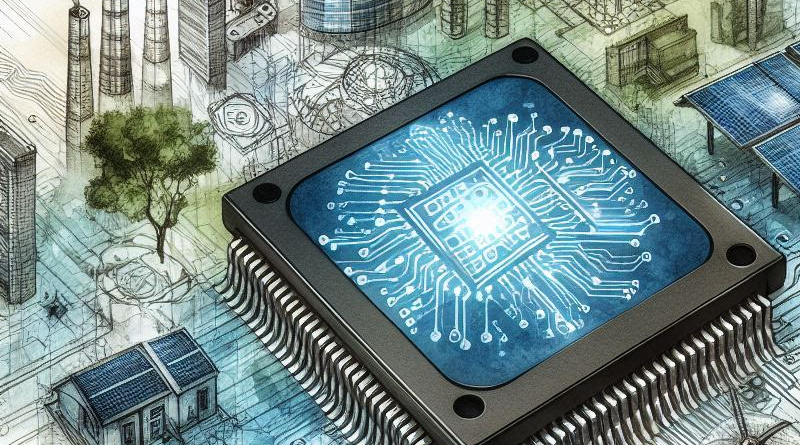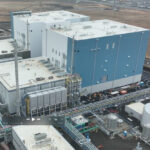Manganese Cathodes Could Boost Lithium-ion Batteries
The Need for Improved Lithium-ion Batteries
Lithium-ion batteries have revolutionized the way we power our devices, electric vehicles, and renewable energy systems. However, as the demand for these batteries continues to grow, there is a pressing need to improve their performance, efficiency, and sustainability. One promising area of research is the development of manganese cathodes, which could significantly boost the capabilities of lithium-ion batteries.
The Challenges with Traditional Lithium-ion Batteries
Traditional lithium-ion batteries rely on cobalt, nickel, and manganese oxides as cathode materials. While these materials have been successful, they also have several limitations. Cobalt, in particular, is a rare and expensive metal that is also associated with environmental and social concerns. Additionally, the high cost of cobalt and the environmental impact of its extraction and processing are major hurdles to the widespread adoption of lithium-ion batteries.
Manganese: A Promising Alternative
Manganese, on the other hand, is an abundant and relatively inexpensive metal that has been gaining attention as a potential alternative to cobalt. Manganese has several advantages that make it an attractive option for lithium-ion batteries. For one, it is more environmentally friendly than cobalt, with a lower environmental impact and lower energy requirements for extraction and processing.
The Potential of Manganese Cathodes
Researchers have been exploring the potential of manganese cathodes for several years, and the results are promising. Studies have shown that manganese cathodes can achieve similar or even better performance than traditional lithium-ion batteries, while also reducing the cost and environmental impact. Manganese cathodes also have the potential to increase the energy density of lithium-ion batteries, allowing for longer-lasting and more efficient power storage.
Advantages of Manganese Cathodes
The advantages of manganese cathodes are numerous:
Improved Sustainability
Manganese is a more abundant and sustainable metal than cobalt, making it a more environmentally friendly option.
Reduced Cost
Manganese is also less expensive than cobalt, which could reduce the overall cost of lithium-ion batteries.
Increased Energy Density
Manganese cathodes have the potential to increase the energy density of lithium-ion batteries, allowing for longer-lasting and more efficient power storage.
Improved Safety
Manganese cathodes are also believed to be safer than traditional lithium-ion batteries, with fewer risks of thermal runaway and other safety concerns.
Conclusion
Manganese cathodes offer a promising solution to the challenges facing traditional lithium-ion batteries. With their improved sustainability, reduced cost, increased energy density, and improved safety, manganese cathodes could revolutionize the way we power our devices and electric vehicles. As researchers continue to explore the potential of manganese cathodes, we can expect to see significant advancements in the field of lithium-ion battery technology.
FAQs
Q: What is the main advantage of manganese cathodes?
A: The main advantage of manganese cathodes is their improved sustainability and reduced cost compared to traditional lithium-ion batteries.
Q: How does manganese compare to cobalt in terms of environmental impact?
A: Manganese has a lower environmental impact than cobalt, with lower energy requirements for extraction and processing.
Q: Can manganese cathodes achieve similar performance to traditional lithium-ion batteries?
A: Yes, studies have shown that manganese cathodes can achieve similar or even better performance than traditional lithium-ion batteries.
Q: What are the potential applications of manganese cathodes?
A: Manganese cathodes could be used in a wide range of applications, including electric vehicles, renewable energy systems, and consumer electronics.







